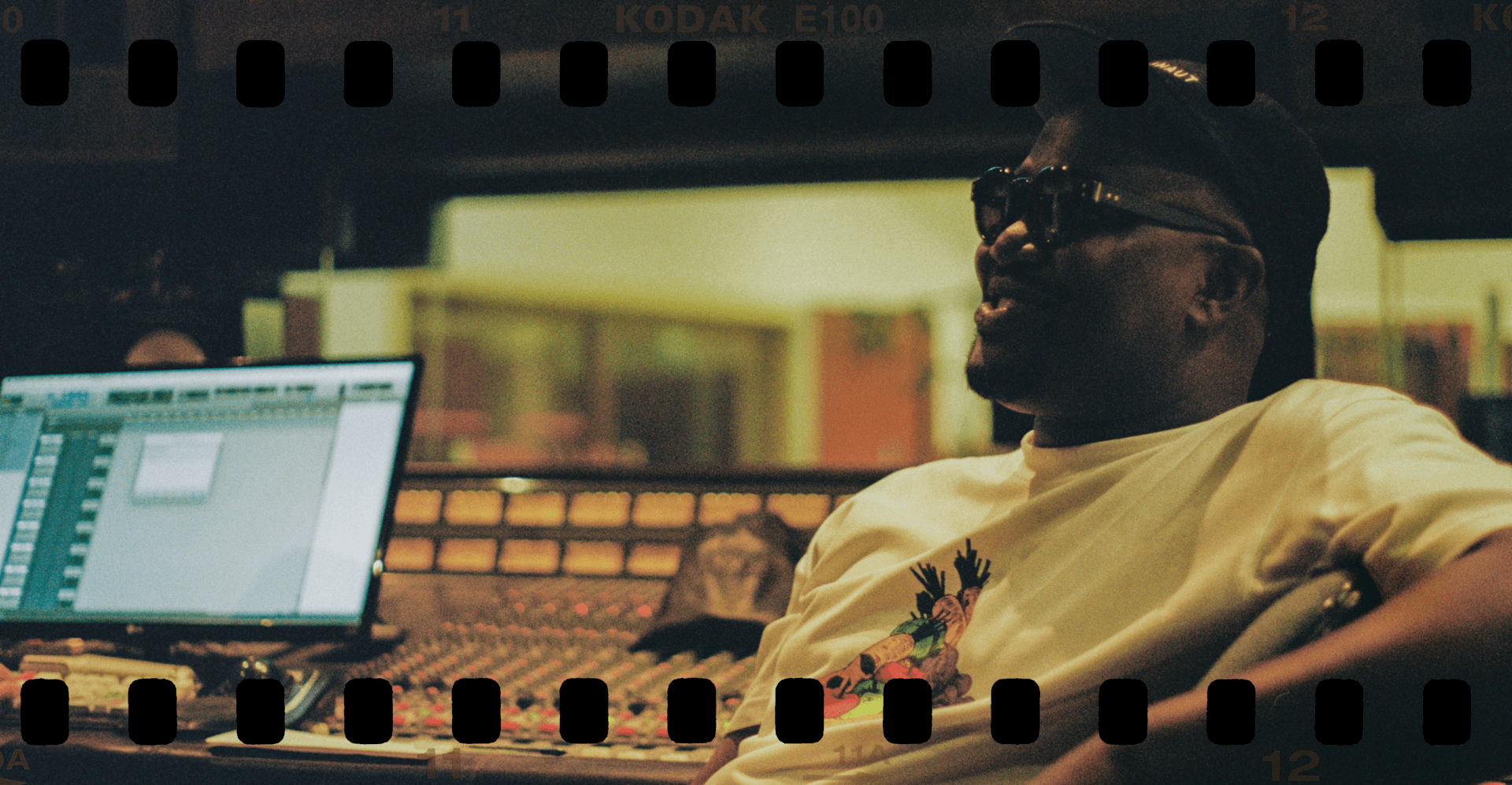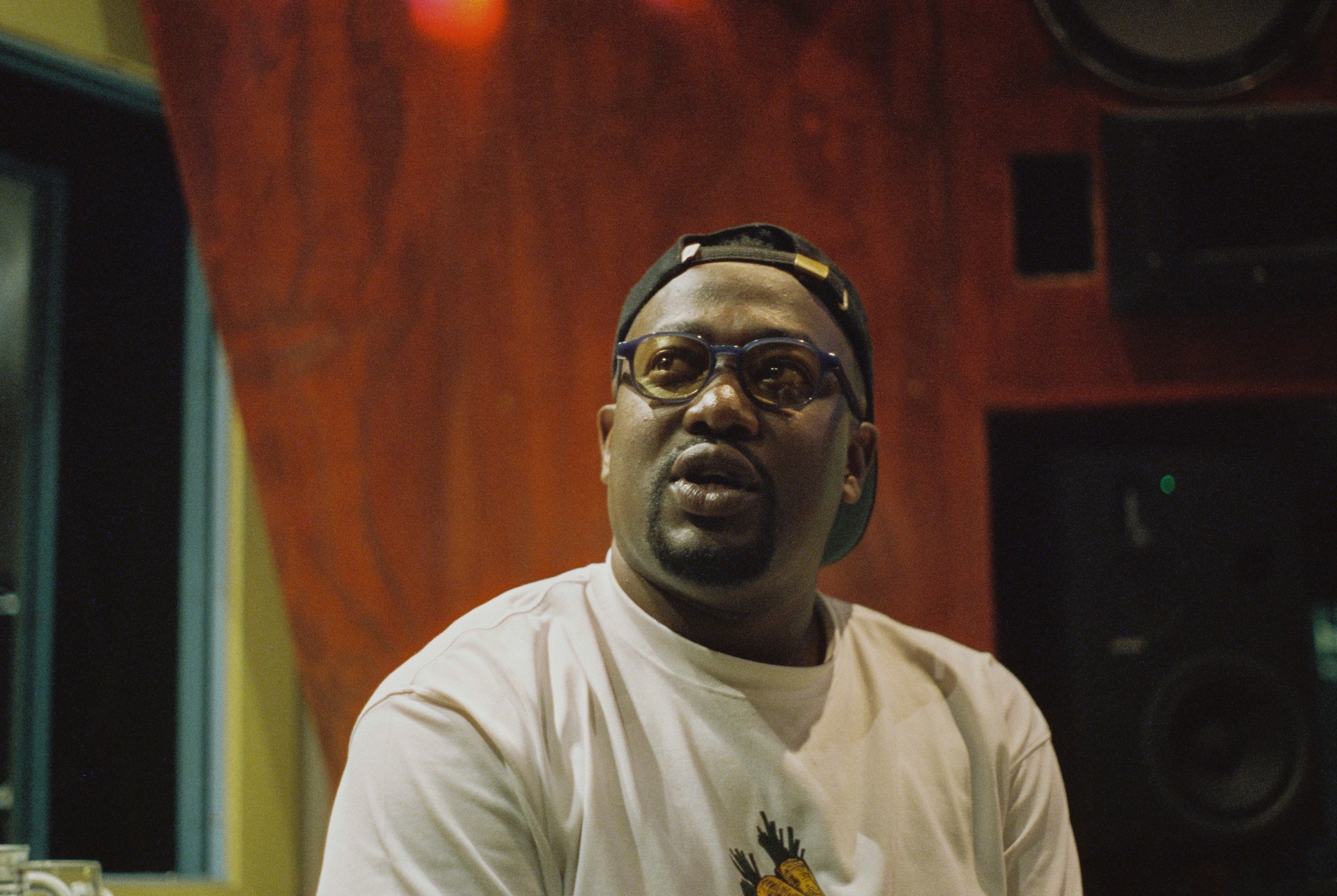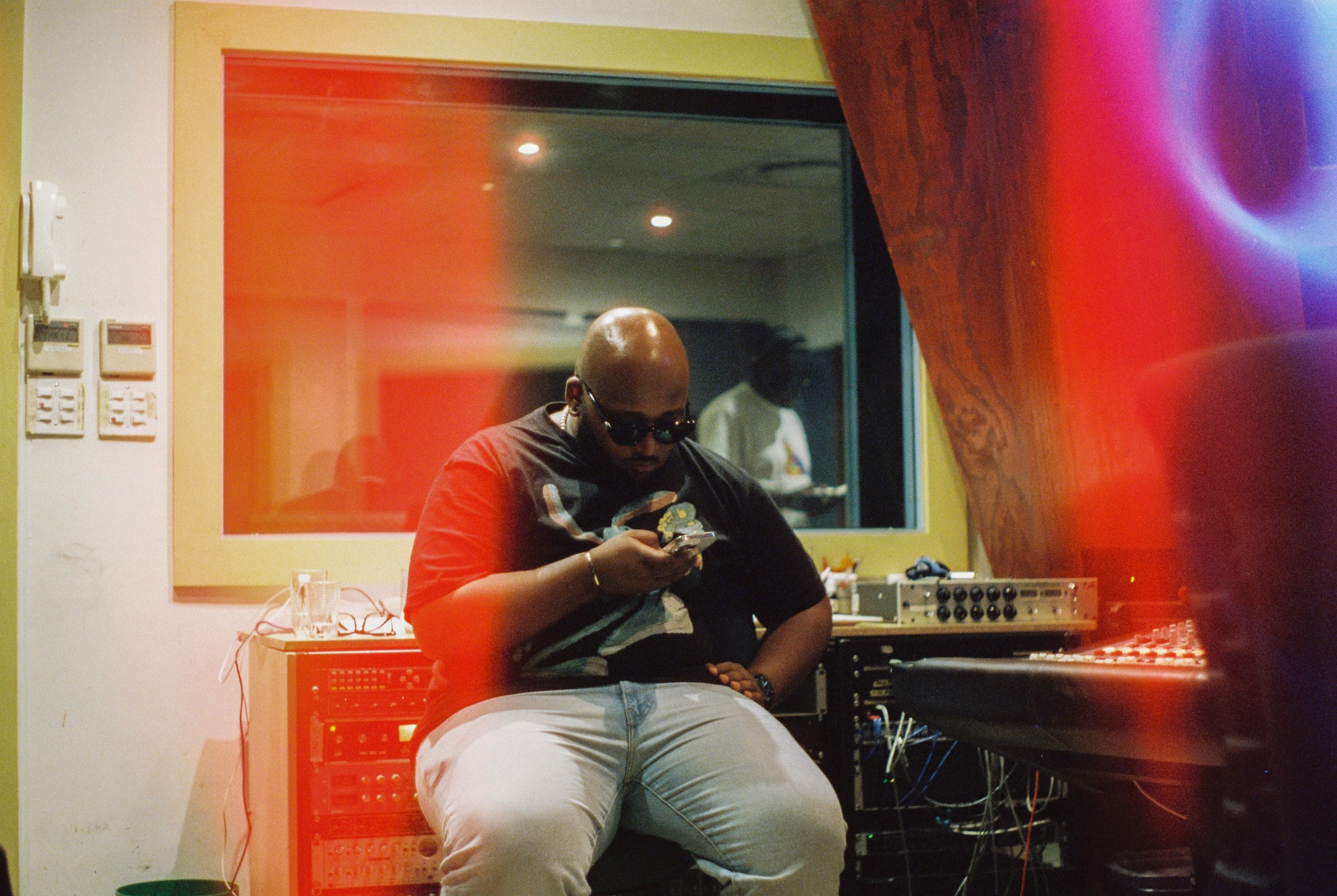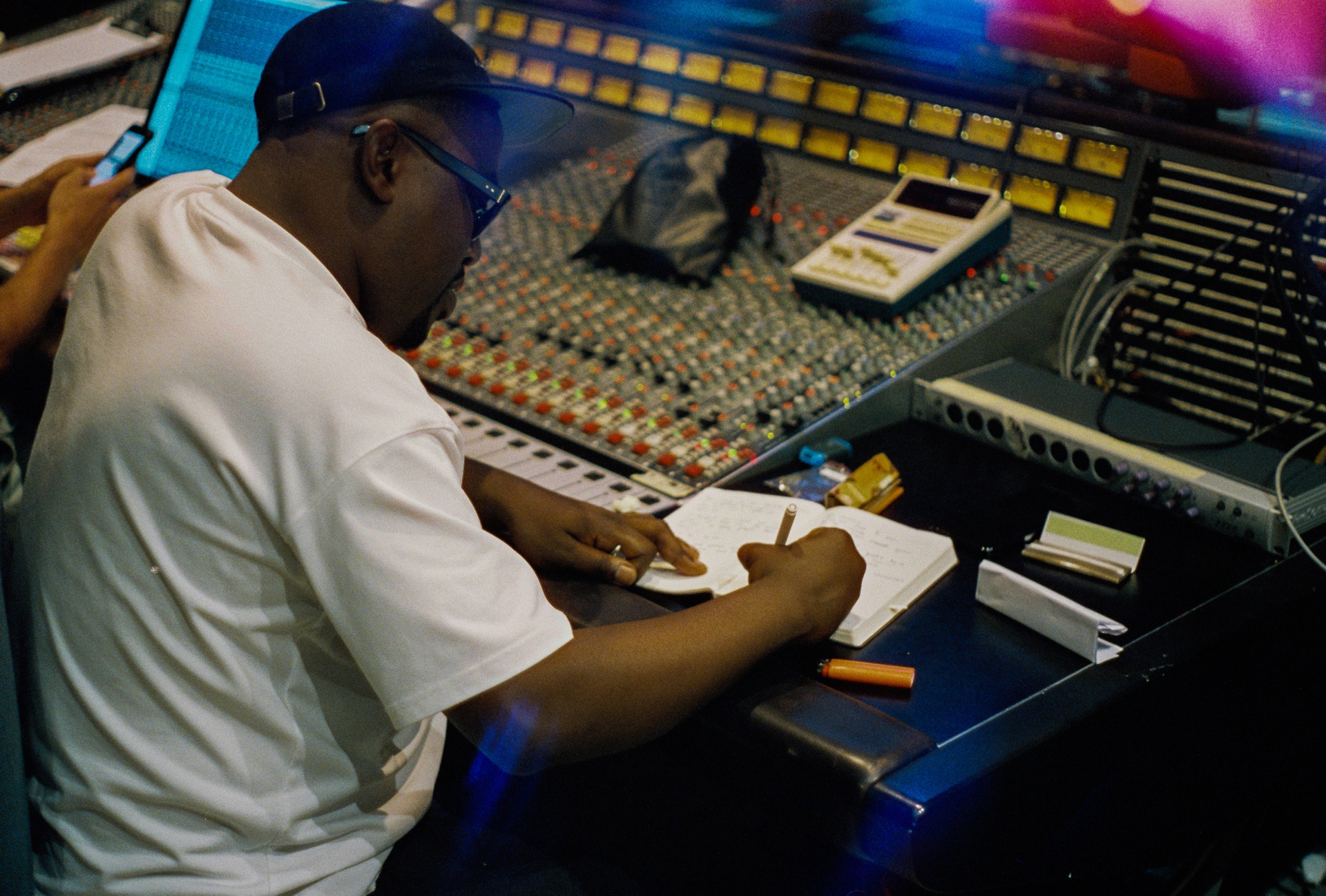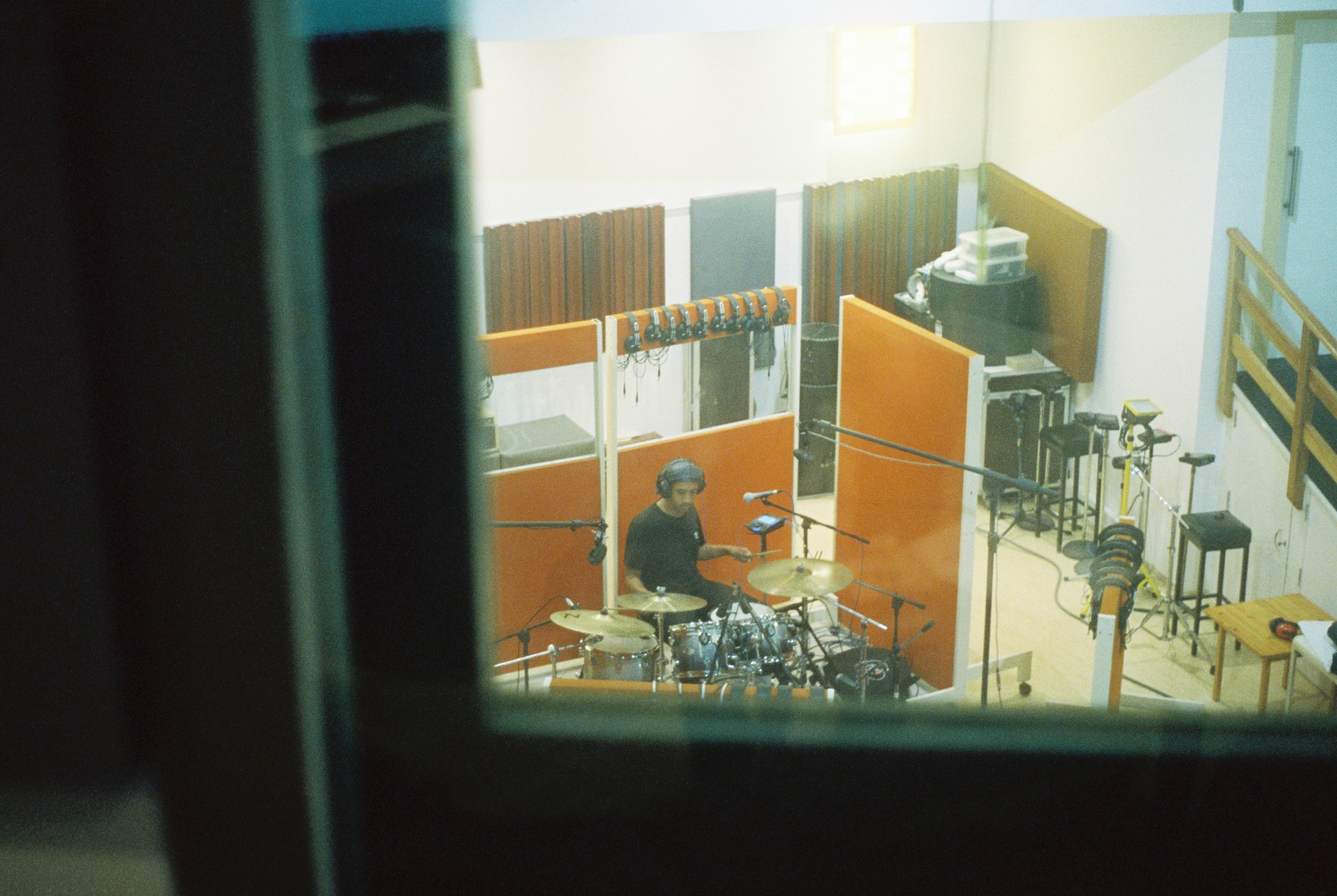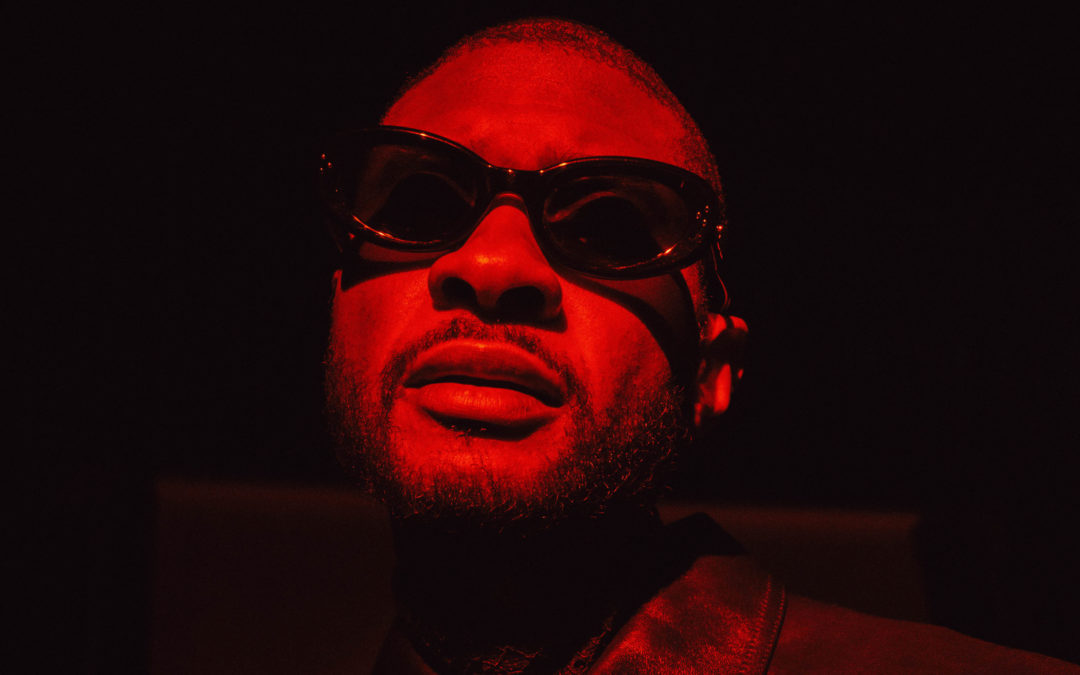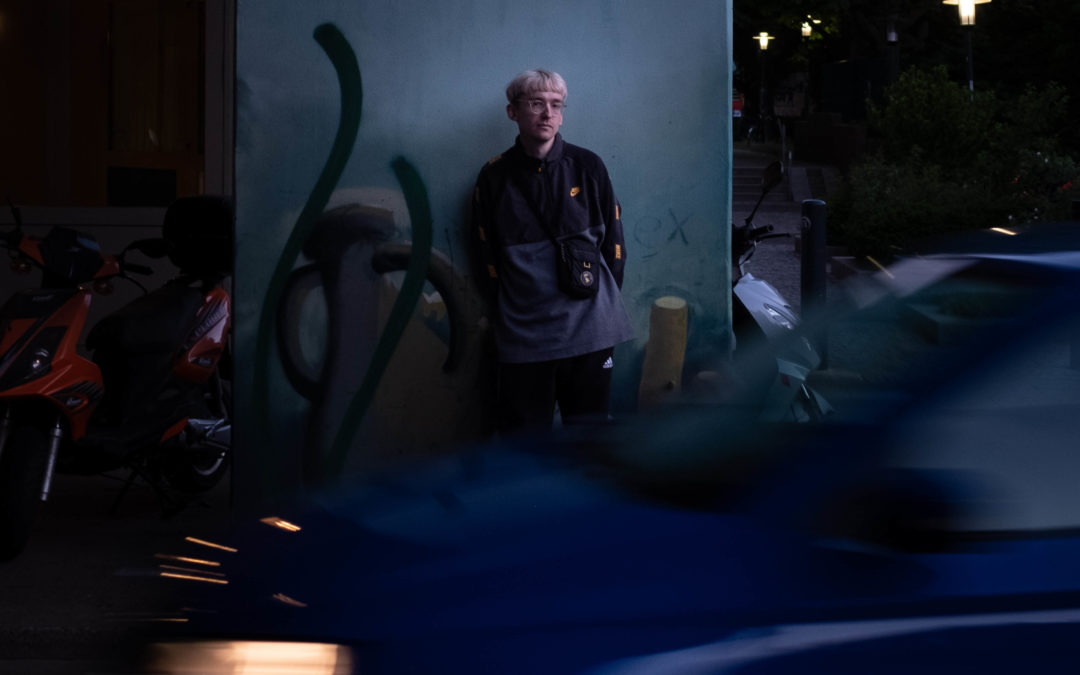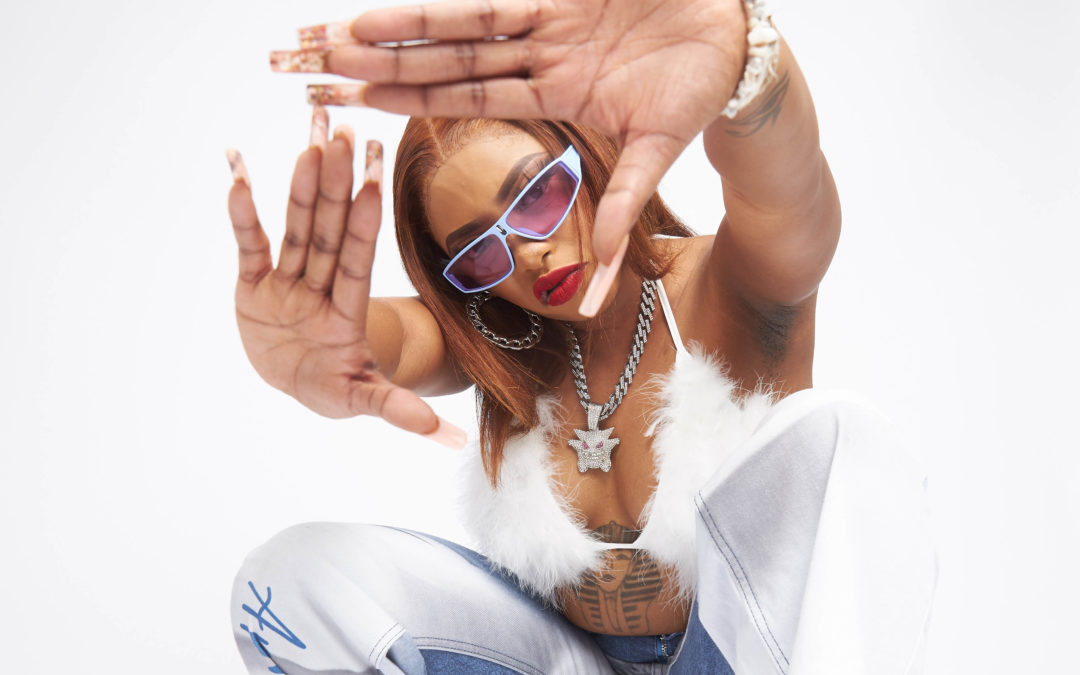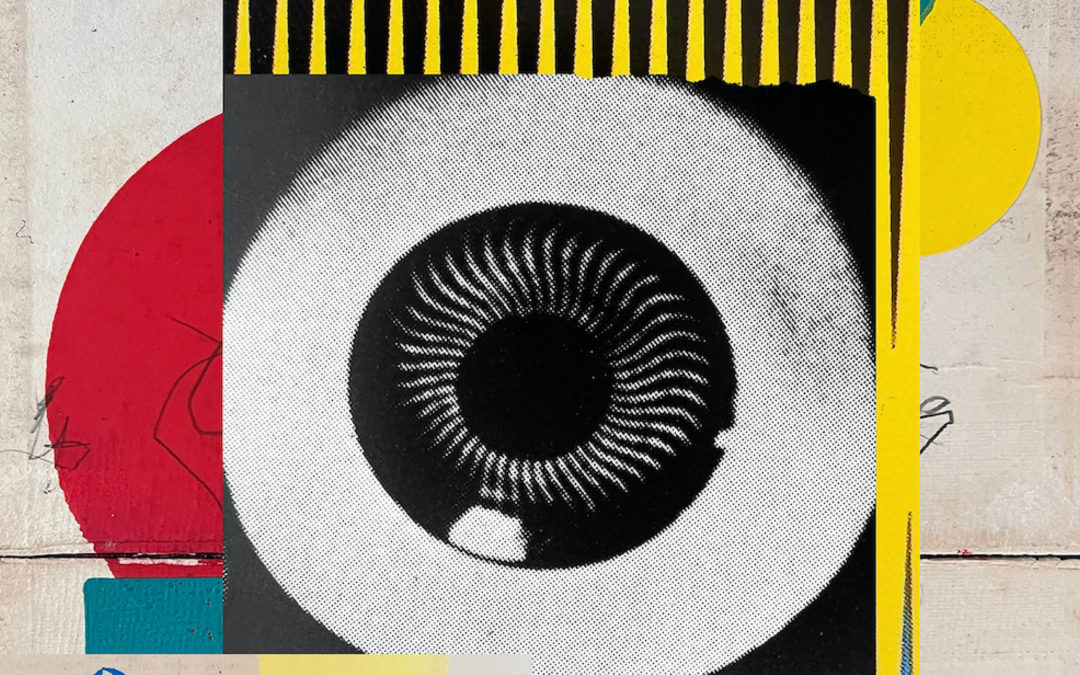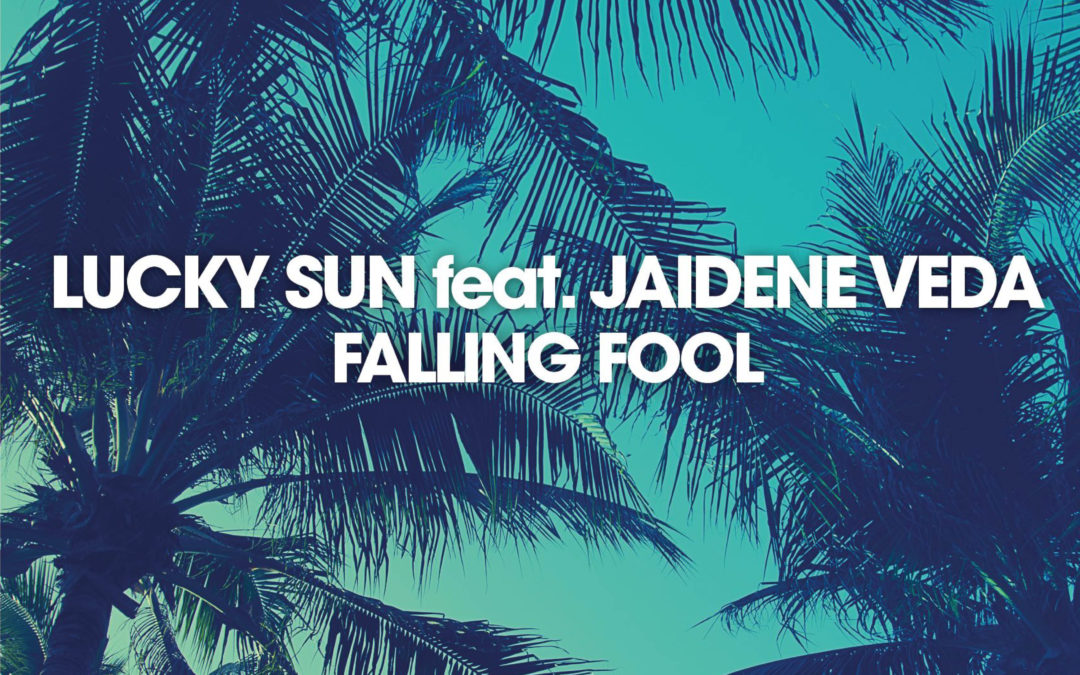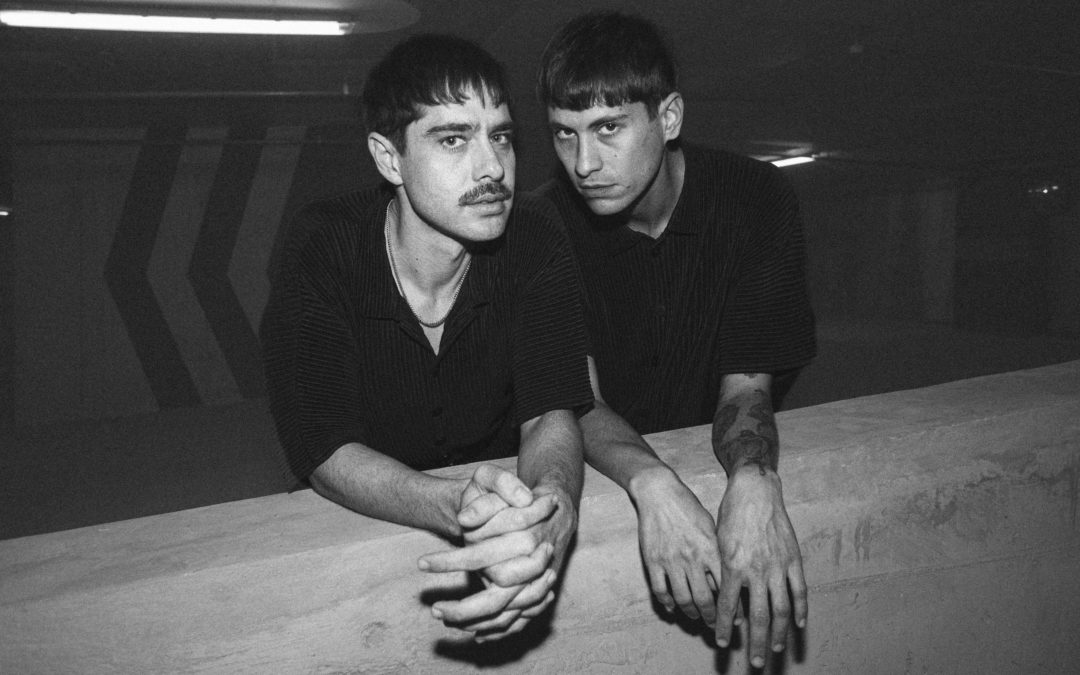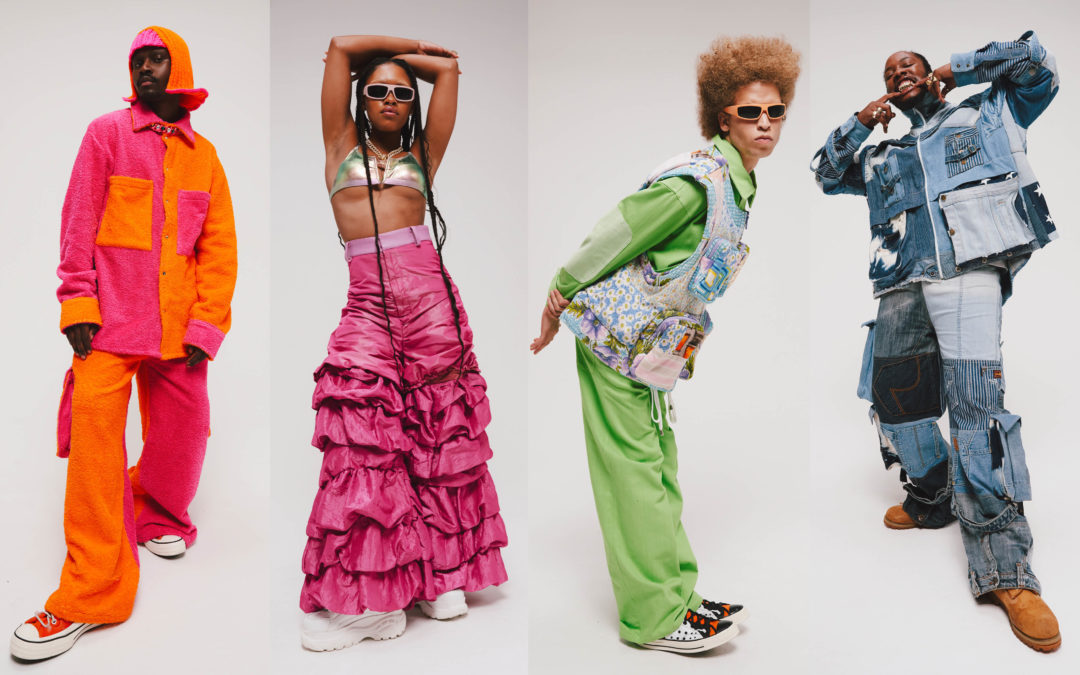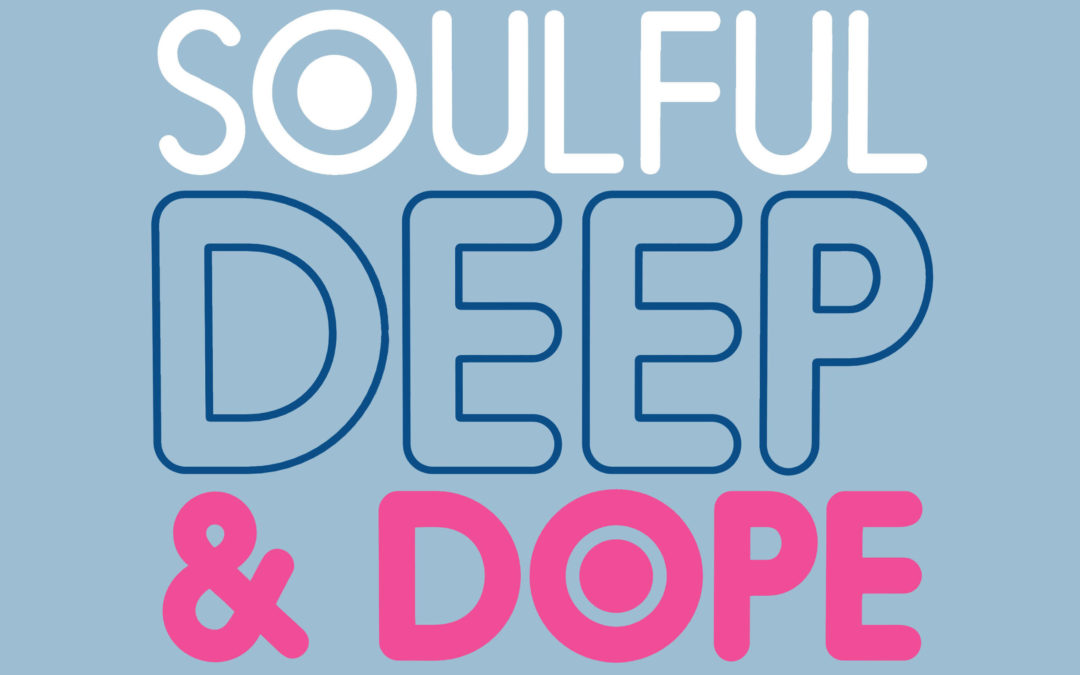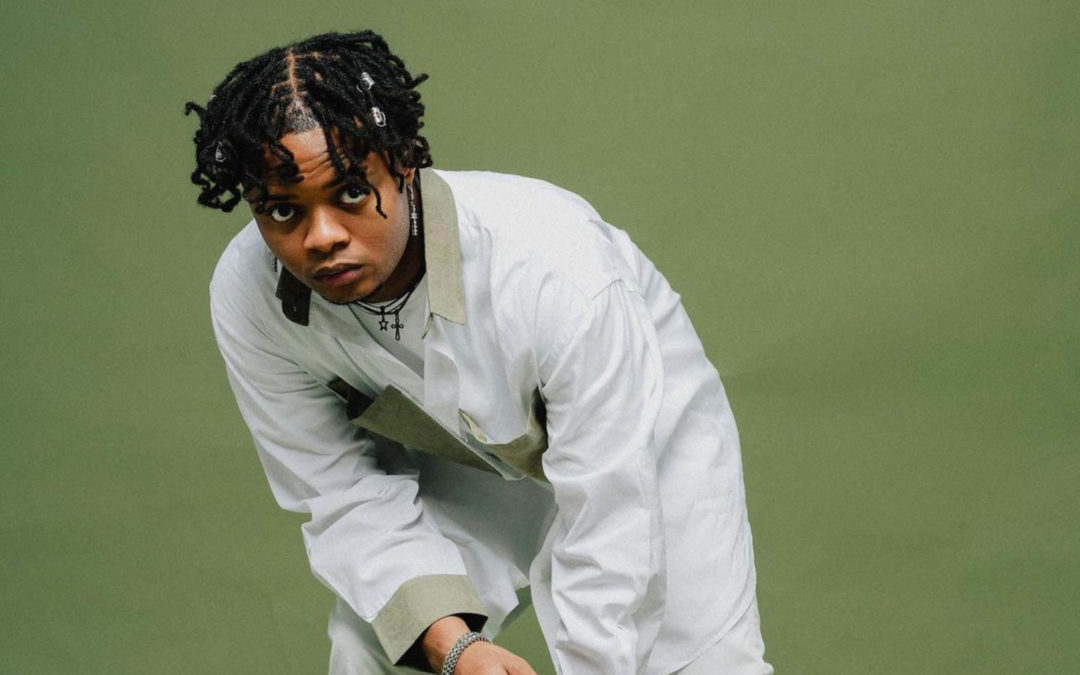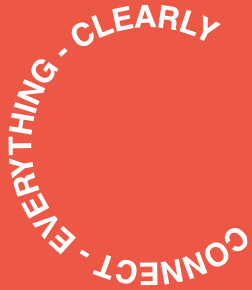In a world where groove culture has evolved and dance environments have shifted, Lazarusman stands as a beacon of artistic innovation. With over 15 years in the music industry, Lazarusman has witnessed the transformation of DJing and has carved out a unique space for himself. With his captivating spoken word and meticulously crafted sets, Lazarusman’s approach to creating unforgettable experiences lies in the balance between euphoria and tranquillity.
Lazarus embraces the notion of creating a distinct arc, much like a movie plot, in which the music takes centre stage. By carefully curating a range of tracks that evoke both contemplation and elation, he captivates his audience and delivers a premium sonic experience.
He explains in our conversation, “The beginnings are always quite low and almost contemplative. The sets are a juxtaposition of euphoria and tranquillity.” This delicate balance ensures the audience remains engaged and energised throughout the performance. He does, however, recognise the importance of considering the ‘fatigue factor’ in a set, saying “People get fatigued…if your set is straight bangers the whole way, at some point people get exhausted.” This insight showcases Lazarusman’s sensitivity to his listeners’ emotional and physical state, allowing him to deliver a more nuanced and fulfilling exploration of music.
Through his recent releases of his EPs, “Mend It/Your Eyes” and “The Hi,” Lazarusman defies expectations and challenges the industry’s norms. With his thought-provoking spoken word and boundary-pushing tracks, he weaves together a tapestry of sound that ignites his determination to stay fresh and diverse is evident as he states, “I’m trying to keep myself fresh and diverse… the experience must be different.”
As we explore this insightful conversation about his musical journey, his latest releases, the art of DJ sets, the decentralisation of record label culture and more, we bask in Lazarusman’s dedication to creating immersive experiences. In this interview, I found us both engaged in a collective confrontation of the challenges in a shifting musical environment, as we both searched to articulate an inclusive and open-minded approach to music.
Watch “Mend It” Here:
Q: Poetry is often the cathartic road to healing. With ‘Mend It’, you explore the theme of loss and accountability reflected in the chorus ‘mend it because I broke it, mend it because I stole it’. Do you find the concept of accountability and humility in admitting wrongdoing ego-bruising and thus challenging?
Lazarusman: This came from the perspective of ego-bruising; it’s sometimes hard to admit when you’ve done something wrong, not just to the person, but mostly to yourself. I think that’s where ‘Mend It’ came from. The song also speaks about loss. I had the idea for the song when I started to think about breaking up with someone. A lot of the time, we go and we do these things that we don’t consider, we think for ourselves, but not always how it may impact another person.
Through this, I realised that accountability stems in two ways. It’s all good to have it in plain and open sight, but are you dealing with it internally? Are you questioning if introspection is happening and because of that, are you admitting what actually happened? Or, are you apologising for that? That’s where ‘Mend it’ comes from, to the point of the line that you’ve recited, ‘mend it, because I broke it, mend it because I stole it.’ I did all of those things and I think I’m sorry for that so I am taking accountability.
Q: All too well, it also makes us grapple equally with the idea of self-forgiveness post the remorse period that is often riddled with being self-critical when we genuinely account for wrongdoing. In that regard, would you say ‘Mend It’ also serves as a channel for you to be less self-critical and more self-forgiving?
Lazarusman: Yes and I’ll tell you why. No one is more critical of themselves than me. I’ll leave a set sometimes and everyone’s like, ‘Oh, that was amazing’ and all I can think is ‘You mixed three tracks really badly’. My music is an indirect catharsis to do that whilst at the same time trying and hoping that people can relate to that as well.
I feel like a lot of these emotions are universal, and when I’m going through them – and I’m sure there are a million other people in the world going through them too – how do I present them in a way that one could listen to the song and not think, ‘Oh, this sounds like Lazarus’s melodrama’, but actually thinks, ‘Oh, okay, I get it. I went through that. I see what his perspective is’.
Q: I believe another element of ‘Mend It’ is this alternative gospel element that it has. I noticed how, in the Stimming remix of ‘Mend It’, his sonic interpretation taps into the redemptive tapestry of Lo-Fi. Was the choice of curating a meditative and healing frequency/BPM intentional or was it one of those godly accidents that took shape in the creative process?
Lazarusman: It’s intentional from the perspective that I had to think about who I wanted to bring these pieces to life. When I thought about the most emotive people from the artists and the musicians that I listened to that provided me with emotive flair, Martin Stimming and FKA Mash came up. That was the intention for my part, I wanted a resonance that articulates the ‘Mend It’ EP, not as a dance EP, but being a couch, car, ‘listen to in your lounge and flow’ kind of record, even though it’s still house music. Stimming is a deeply emotional person who plays all his instruments live; he builds the machines to make the sounds he wants. Mash really likes to tap into his style of the glitch dub. He’s an emotional individual. It was intentional for my part based on artists and the results were surprisingly unsurprising.
Q: Absolutely, because I get this thematic and cohesive sense of the EP, especially with the complimentary song ‘Your Eyes’, which continues the salvation arc. In it, you searched for this light in your love interest’s eyes. So was that song born from a love-at-first-sight experience from the narrative continuation of ‘Mend It’? Do you believe in love at first sight, and how acting in the name of love can effectively save your life and make you a better person?
Lazarusman: Definitely, I think it can if the love is right; it’ll do amazing things for you. With ‘In Your Eyes’, I wanted to give a yin and yang kind of thing. In the same way that you can experience loss, you can also receive. I thought, ‘Let’s begin with this moment of love, this pause, this beautifulness, me trying to find myself in someone else,’ which almost sounds ridiculous but that’s what love is; we constantly rediscover ourselves and others by loving them.
For me, ‘In Your Eyes’ speaks to how you can see your reflection in people’s eyes; that’s what I’m looking for. So in that sense, I am finding something, but in the same sense, within my eyes, I experience loss. It’s primarily visible through our eyes when we cry, and I felt that was a perfect yin and yang moment and that concept just created a good tension between the two worlds. I wanted you to feel very happy and very sad in two instances, but in ways that uplift you. The intention was layered – I don’t know if that makes sense in any way?
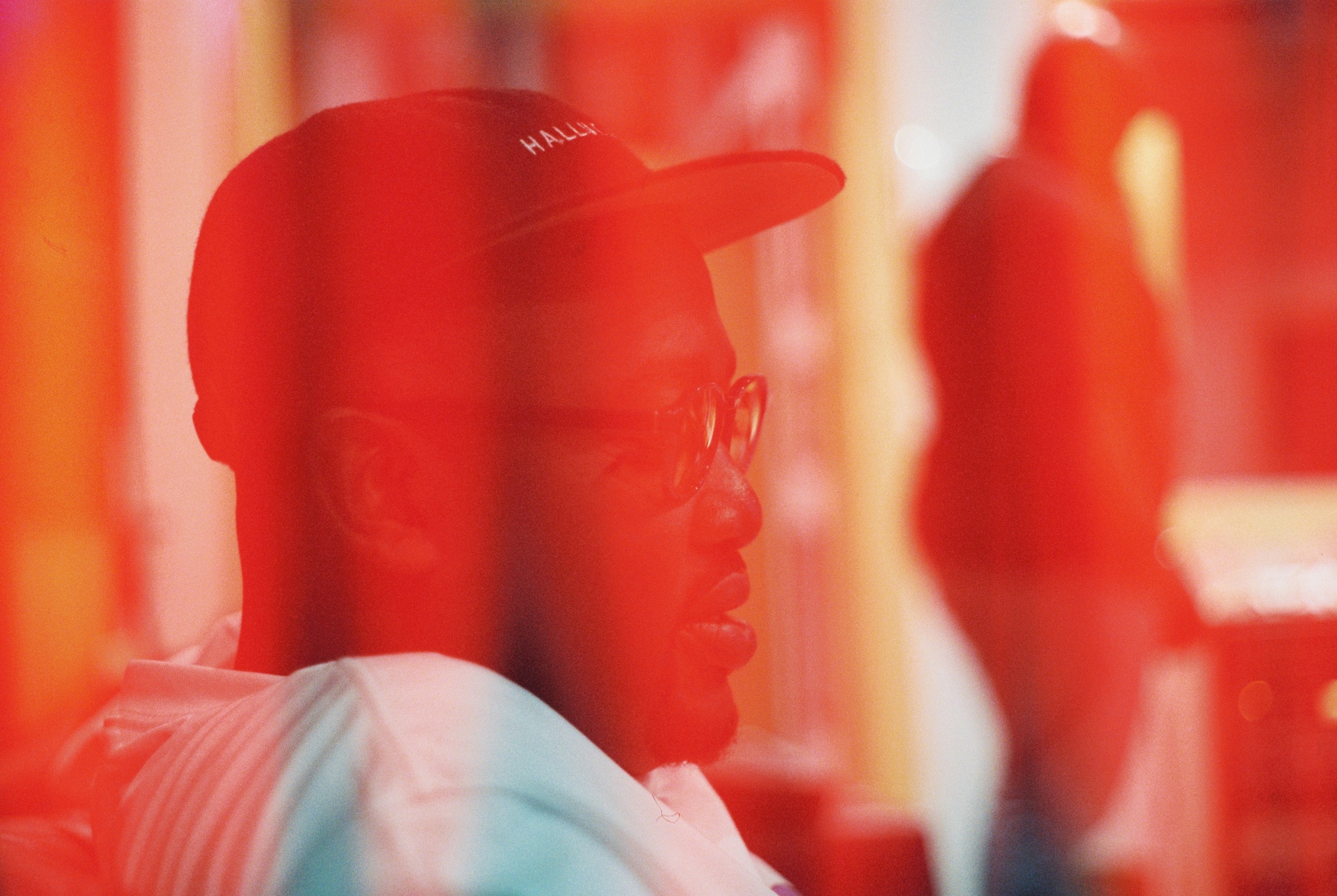
Q: It makes perfect sense, especially when I consider the Yin Yang scope, which also filters into your mixing. When I was experiencing Your Mixmag AfroHouse & Defected Broadcasting House Show Sets, I recognised an undertone balance between the spirit of groove and relaxation. What factors into your preparation for these sets? Do you measure your past performance? Do you get a feel of your crowd? What is your formula for creating a classic house set?
Lazarusman: That’s a very interesting question. When I was taught DJing, it was about a journey; you sounded different the whole way. In the same breath, you also didn’t play one genre. These guys back where I came from, they played disco house, they played techno, they played a little bit of drum and bass, a little bit of acid. I was taught to find things that match between that. It starts with the discovery of the music, how I feel, and how I also want people to feel at a particular time.
The beginnings are always quite low and almost contemplative. ‘What is he going to sound like? Where is he taking me?’ The bodies of the sets are a juxtaposition of euphoria and tranquillity. That’s the balance I work towards and then I always have a finale, which is always, in my mind, a big moment. It’s how they write movies; you go through the beginning of the plot, the character struggling, and then, in the middle, they begin to recognise themselves, and then you experience a setback. Then you come across as a hero; that’s how I view a set; it plays out almost like a movie in its own way, and the music is the main character. That means the music undulates between different moments of light and shade, similar to emotions”.
Q: That’s made me perceptive of how dance culture and groove culture has changed, and we find fewer lounge settings as opposed to sweating it out to the log drum, and maybe the COVID pandemic has affected us in that regard. How do you navigate this current climate of dance music? Do you feel it is welcoming of your style or a hindrance?
Lazarusman: Right? 100%! With my climate, we’re being boxed. Everyone is being compartmentalised. In the Afro House, Amapiano, Hip-Hop, Techno and Tech House scenes, everyone is going into these little rooms, everyone’s got a bomber, and we don’t cross-pollinate the music, and if you do cross-pollinate, people disagree. DJing has always been about, you know, diversity, and not just diversity of people, but diversity of sound too.
Q: Diversity perfectly summarised what I felt in ‘The Hi’ EP. Could you provide more insights into the creative process and the elements you and Hyena brought to the table to create something memorable?
Lazarusman: There’s sometimes no softness in that genre and ‘The Hi’ was a way to bring in a level of warmth into a style that is otherwise for me, quite hard, so I wondered: ‘How can I flip this on its head and present this in a way that makes you feel a little bit nice about it and maybe react with a soothing face as opposed to a stank face?’
Q: This sparks my interest in the complimentary decision for Milan-based DJ and producer Ivory to spearhead the remix. What about him made him the perfect choice for remix duties? How did his innovative brand of electronic composition complement and enhance the original track?
Lazarusman: Collaboration is the cornerstone of how I work and it’s something that I’ve been very fortunate to have. Through building a network and endeavours like remixes, it allows me to experience another artist’s thinking, creativity and also their market. It’s a matter of how collaboration brings different people worldwide into a seamless tapestry. ‘The Hi’ is made in South Africa, produced in Germany, remixed in Milan, and released in South America. So you can see how far the journey that music has gone in a global sense. From Milano to Jersey, we have a golden thread and a message that is spreading.
Q: As Ab-Soul Once Said, “I would have attended university, but it was silly to me because the whole universe is just a city to me,” Remote work culture in the music industry has created such a palpable conversation regarding structure decentralisation. What factors do you consider when selecting which labels you work within? Especially in a climate where Platoon with their songwriting camps and rival distribution companies like Ditto, Symphonic, Africori, Ingrooves and so on offer label services?
Lazarusman: The decentralisation of record labels is fascinating. Even though we speak about music on its artistic level, there is a business level of music. As you said, there are music writing camps and there are people that are able to generate listeners through bots finding ways to make your music famous on Spotify, because the numbers matter. Over the years, I’ve tried to get into major record labels and speak to people, and what I love about them is that they’ll always be honest. Label folk will say, “Listen, your music is great, but we don’t think you’re gonna sell 1000 CDs”. I knew very early on that music sales and making a ton of money out of music wasn’t my goal; I wanted to collaborate, make music, and share feelings and emotions with people. It truly is about considering what you want and how you change as an artist.
Q: Absolutely, I agree. Having been privy to the multiple arenas of the music business and the scaling of sales, I’ve noted that a lot of your music is also available on the stream-direct purchase platform Bandcamp. In your opinion, for a higher artist ROI, should more artists push for Bandcamp sales, especially if they are independent?
Lazarusman: There is merit in doing both. I don’t think people should focus primarily on one or the other because sometimes we’ll release work as an exclusive on Bandcamp for the first month of the release so that if people really want it, they can go purchase it on Bandcamp. After that, we’ll release it on the other streaming platforms so that it becomes readily available. Through the streaming platforms, you can get playlisted and put into the whole rigmarole of how the streaming platforms and services are now working. It’s amazing when people buy physically first, but streaming also has a long-term benefit. I think there is space for both, it’s just about navigating it strategically.
Q: Looking ahead, what can we expect from your future projects? How do you see your artistry evolving in the coming years?
Lazarusman: I’m evolving, man. I’m trying to challenge the sound a bit more and unbox myself because in the 10-15 years roundabout of Lazarusman and while the penmanship is strong, vocally and musically, I can begin to elevate now. This is a good time to try and put together a body of work. The album process has been interesting because it is the most daunting thing ever if you’ve never made an album before. I’m also going to put myself in very unfamiliar territory. How far can I go? Lyrically, can I put bomb-ass spoken word with downtempo instrumentation? Can I do that on drum and bass? Can I really explore the true extent of it? I will spend a lot of time experimenting with how I can develop a conceptual sound resembling an album.
Listen to Lazarusman HERE
All images by Rob dos Santos
Written by: King Cedric

